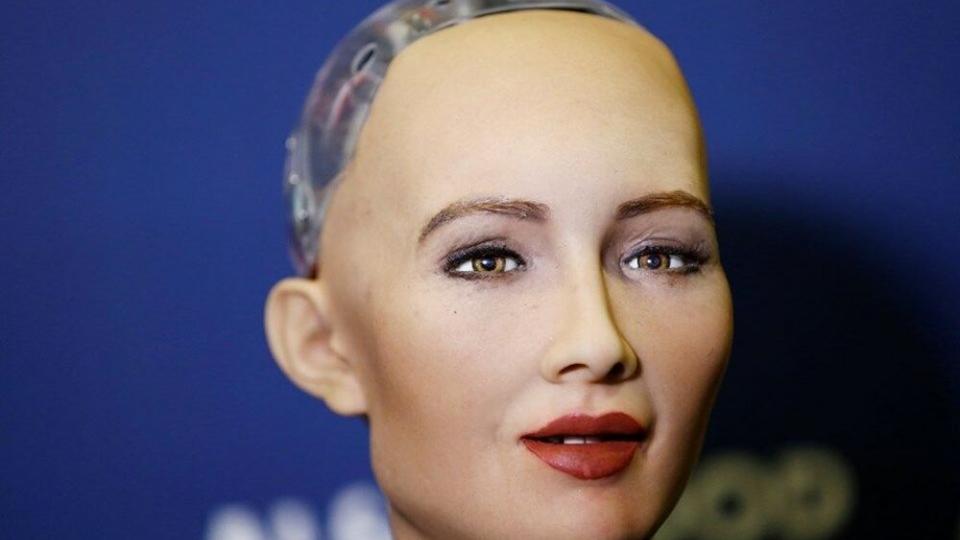CAN ROBOT SOPHIA BE A TRADEMARK AND PATENT ATTORNEY?
EPO, an artificial intelligence robot is portrayed as an inventor rejected two European patent applicationsTwo European patent applications were filed citing the artificial intelligence "DABUS" as the inventor. On November 25, the applicant's arguments were heard in oral proceedings not open to the public. The EPO rejected applications EP 18 275 163 and EP 18 275 174 on the grounds that the inventor listed in the application did not meet the requirements of the European Patent Convention. The reason was that the inventor was not a human but a machine.
In fact, DABUS isn't a machine, but an artificially intelligent robot. It's neither human nor machine. The legal status of such beings is currently a matter of debate worldwide. There are ongoing lawsuits stemming from their actions. In Germany, a robot caused the death of a worker. In the US, an artificially intelligent, autonomous car caused the death of a pedestrian while driving automatically. Lawsuits related to two AI-related incidents are ongoing in two separate countries.
What exactly are artificially intelligent robots? Humankind is searching for the answer. If we say they are not human, they perform human intelligence activities more successfully than humans, creating works and inventions. They can defeat experts in their field at chess (1997), Go (2016), backgammon (2007), and quiz shows. With developing sensor technologies, they can also perceive and respond to human emotions. A group of lawyers is demanding that robots be treated like slaves, working for noblemen in the vineyards of Rome, and that their laws be regulated accordingly. Slaves have no rights, but their masters are responsible for their actions.
In 2017, the European Parliament ruled that robots with artificial intelligence could be granted "electronic personality." It stated that human rights and criminal law regulations could be enacted for robots. The Saudis granted citizenship to a robot named Sophia. A robot has run for mayor of Tama, Japan, for two terms, coming in second both times. China is also preparing robotics law.
If progress continues at this pace, robots will be recognized as individuals and will have legal rights. Once these robots obtain citizenship, they will have the rights and responsibilities to perform human-like tasks. In the near future, Sophia could become a Turkish citizen and easily become a Trademark and Patent Attorney. She could even prepare specifications for inventions by AI robots like herself. Let's wait and see what the future holds.
A question may come to mind: What will we do if robots do everything? Robots can do everything with their minds, but nothing with their hearts. They can pretend to love, but they cannot. In the future, humanity will return to its original nature and realize that it is not a machine. It will stop sanctifying knowledge and money and place love at the center of its life. It will undertake tasks where love is fundamental, such as caring for children, the sick, and the elderly.





